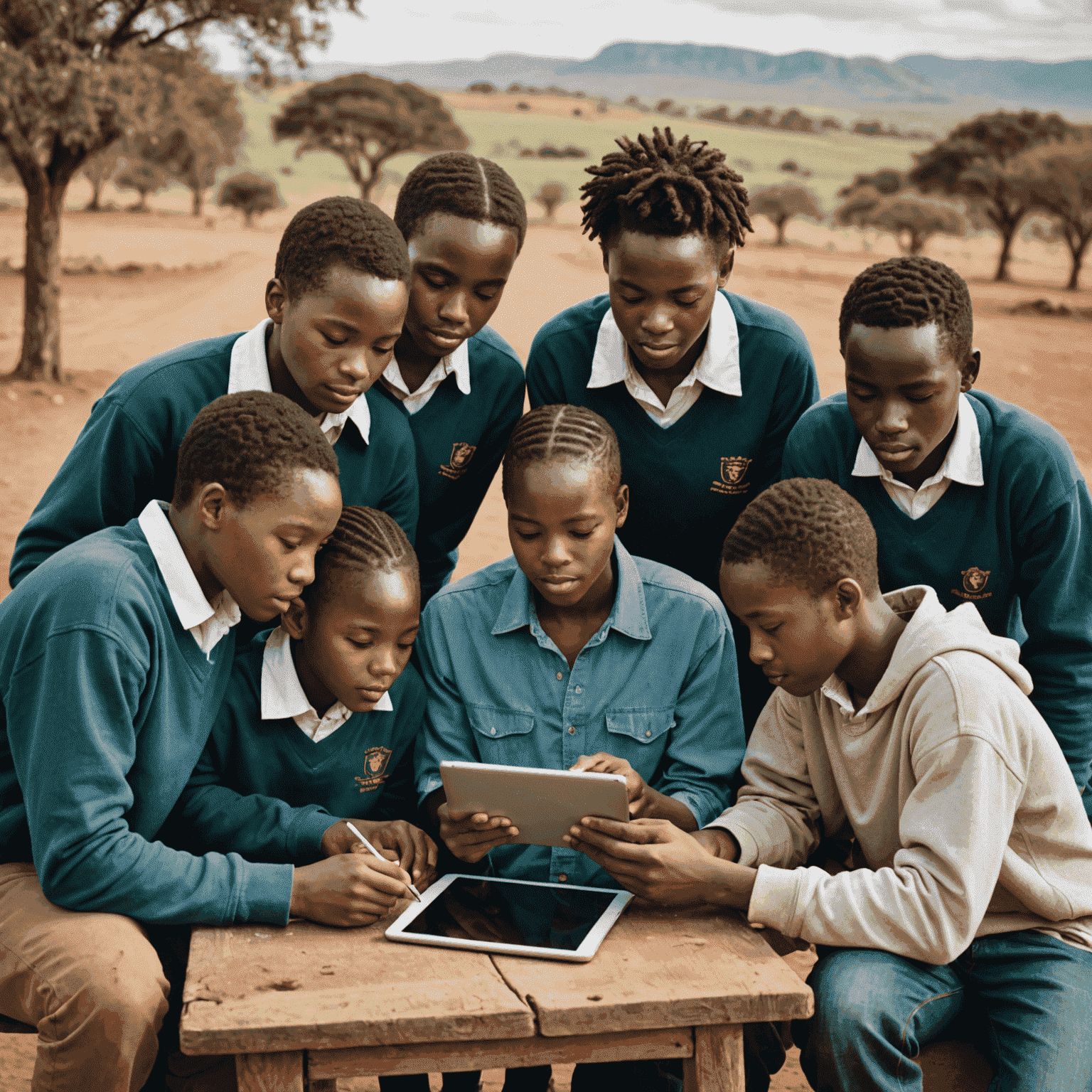The Digital Divide in South African Education

South Africa's journey towards digital education is marked by stark contrasts, highlighting the country's broader socio-economic disparities. This divide between urban and rural areas presents significant challenges in the nation's pursuit of equitable educational opportunities.
Urban Areas: The Digital Frontier
In South Africa's major cities and urban centers, digital education is making significant strides. Many schools in these areas are equipped with:
- High-speed internet connections
- Computer labs and smart classrooms
- Access to online learning platforms and resources
- Teachers trained in digital literacy and integration of technology in education
These advancements are preparing urban students for the digital economy, enhancing their learning experiences, and broadening their educational horizons.
Rural Areas: The Digital Desert
In stark contrast, rural areas in South Africa often lack basic digital infrastructure:
- Limited or no internet connectivity
- Shortage of computers and other digital devices
- Lack of consistent electricity supply in some regions
- Teachers with limited digital skills and training
This digital divide puts rural students at a significant disadvantage, limiting their access to modern educational resources and opportunities.

Implications of the Digital Divide
The disparity in digital access and resources has far-reaching consequences:
- Educational Outcomes: Rural students may fall behind their urban counterparts in digital literacy and overall academic performance.
- Future Employability: Limited exposure to technology can hinder rural students' competitiveness in the job market.
- Social Mobility: The divide perpetuates existing socio-economic inequalities.
- National Development: It poses challenges to South Africa's overall progress in the global digital economy.
Bridging the Gap: Initiatives and Challenges
The South African government and various organizations are working to address this digital divide:
- National broadband rollout plans
- Initiatives to provide tablets and computers to rural schools
- Teacher training programs focused on digital skills
- Partnerships with tech companies to bring internet connectivity to remote areas
However, these efforts face significant challenges, including funding constraints, logistical difficulties in remote areas, and the need for sustainable, long-term solutions.
The Road Ahead
Bridging the digital divide in South African education is crucial for the country's future. It requires a concerted effort from government, private sector, and civil society. As South Africa continues to navigate its unique landscape of digital education, addressing these disparities will be key to ensuring that all students, regardless of their location, have equal opportunities to thrive in the digital age.
